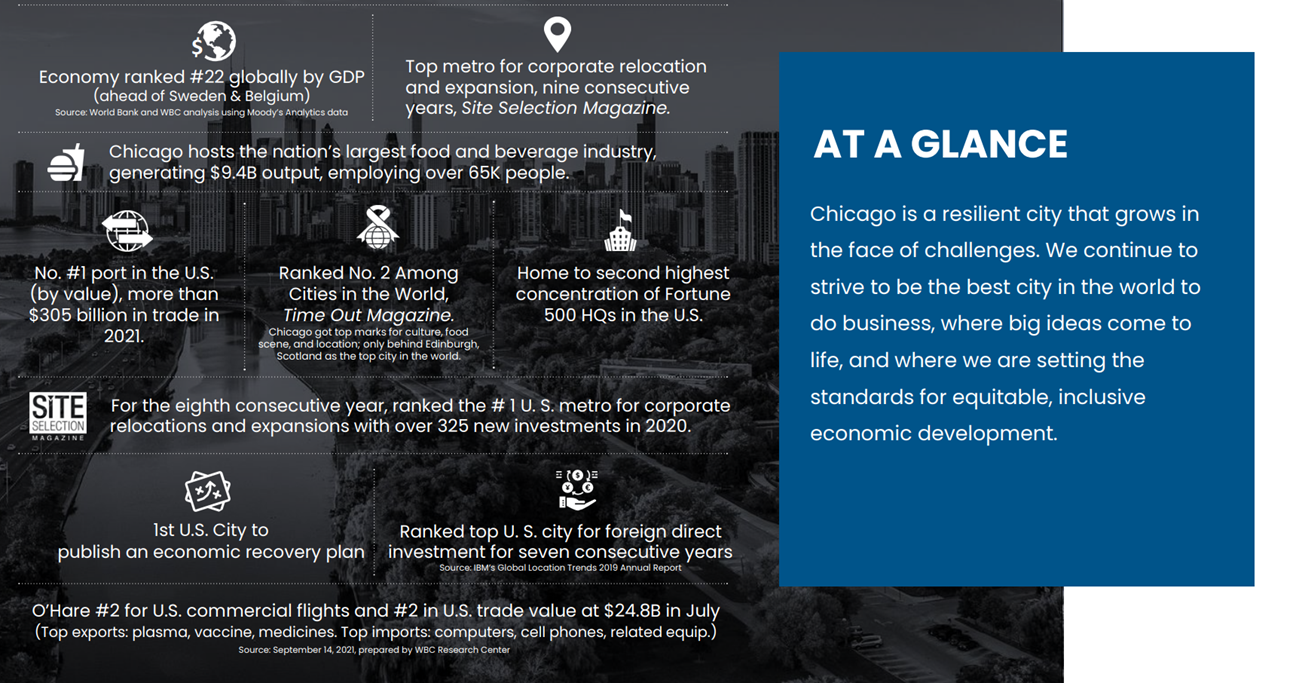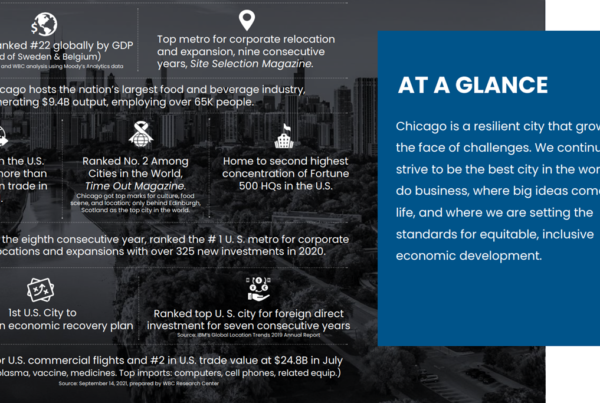- Dan Brennan, Laurie & Brennan, LLP: Inflationary pressures (pricing and schedule of delivery) are still issues. Prices are starting to settle down but the delivery of products is a huge problem. Some vendors are even stating they won’t quote a price until the product is ready to ship (which is hard for the developers to deal with). There are also a lot of issues with ‘design delegation’ between the parties who are involved with the development of a buildout (e.g., between architects, contractors, etc.). There is a lack of transparency.
Rhea Stephen, CoStar Group: Not seeing a lot of 1031 exchanges in the industrial arena and though sales transactions were meager, Q1 was the second largest in ten years. Retail remains interesting. Seeing that there are a lot less closings. Online transactions are going down; however, brick and mortar transactions are going up (except in the California region). Consumer transactions for big ticket items are going down. During the pandemic, people upgraded their homes, but now people are in a hunker down mode. Uncertainty is a real driver for many of these trends.
Alissa Adler, Colliers International: Attending a lot of lender conferences and seeing the lenders starting to work with their borrowers and allowing them a little more time to sell the building, explore discounted payoffs, etc. In the last recession, everyone went straight to receivership; this time around, there is more collaboration happening. It is still a challenging environment, but for the most part the lenders are trying to be there for their clients. Seeing less opportunities for conversion projects. A lot of the buildings just do not qualify for a conversion or the price to convert is too expensive.
Lauren Zangl, ECS Midwest, LLC: Paying more attention to affordable housing initiatives. The $2B Amazon fund and how they are using it to create affordable housing near their big hubs is very interesting. There are a lot of new trends to develop affordable housing (e.g., the use of AI and the healthcare industry buying properties so that families of patients can be closer to the hospital). Another trend their firm is seeing is on the Geotech side (preconstruction services). The past year has been very slow, however in the last few weeks, the number of RFPs has tripled.
Hunter Cannon, Colliers International: Doing more capital markets work on a smaller scale along with some independent development opportunities. Outside the metropolitan areas things remain strong and retailers are still growing, but there isn’t enough inventory and construction costs are high hence why many of the properties prime for development are underutilized.
Lee Utke, Madison Marquette: Has a dozen Starbuck sites they are working on in the eastern half of the country. Also rolling out a new product called “Live Work Lofts.” Has seven sites developed and three more are coming. This is a new opportunity to bring people back to the urban area where the space allows for a home and/or office to be shared by employees. Business trends… overall, things are taking longer. There seems to be some irrational approaches in some jurisdictions to new development (e.g., they were asked to create a frontage road on one site that connects to essentially nowhere).
Rick Rembusch, OYO Mountainia UK: Occupancy and room rates in the hospitality arena are improving (particularly in NYC and Las Vegas). The other markets (e.g., the 3-4 star hotels), not quite as much. On the data center side, the operators are being careful on capital deployment because of the supply chain challenges that still exist. They are also focusing on sustainability efforts because people are being more cognizant of being energy efficient and what those long-term costs involve and how they impact the customers.
Doug Gottschalk, Ernst & Young: Works with the occupants of a building. Humans in a building regardless of the asset class, cost far more. They like to look at buildings as an enabler of the people. Make it more productive. Unfortunately, there is a paralysis of “this is what the policy should be.” Because of the disconnect between what the employees want and what the C-suite wants, it has been a big struggle. Companies are gravitating towards being “people-happy” (i.e., they are reducing their real estate needs while investing in their staff). The “Club and Spoke” model is becoming more prevalent. Instead of just one main office downtown in one location, there are now three or four offices and they are there primarily for social purposes. M&A’s and divestitures continue to evolve and large corporate transactions are still going full force. Spin transactions (one company becomes two) are becoming more prevalent too.
Ginna Ryan, Mauge: Seeing a lot of adaptive reuse projects. They just finished a project in Humboldt Park that is a two-story horizontal campus that is settling in on the “hard sciences” (quantum). These types of projects fill a void in the life sciences space where the developer is in the neighborhood while being a part of the community. Also working with a co-living project, however from a leasing standpoint, it is hard to stabilize. Also seeing transit oriented developments in the multifamily arena; parking near transit lines is important.
Brian Lee, DeLauter: Doing a lot of work with Starbucks and Panera bread; they are getting out of their lease locations and moving into more of a drive-through format. Hospitality and healthcare are also important markets for his firm. Industrial is another area they focus on and has been strong for the last 3-4 years – especially in the self-storage area. On the adaptive reuse side, malls are being purchased where 50% of the space is for self-storage and the other half for multi-tenant use. Regarding the John Hancock Building and 875 North Michigan, they want to change it from office space to medical office space (close to the other medical campuses that already exist) but there are some nuances with the space such as ceiling heights to support surgical procedures.






Recent Comments